Stay Informed
Lancs Industries Blog - The Radiation Post
Our blog covers topics relevant to the nuclear industry, from radon and radioactive decay to cosmic radiation and how to dispose of radiation waste. Don’t see a topic you’re looking for? Let us know

What is Cosmic Radiation?
The term cosmic radiation is an umbrella term, encompassing all of the radioactive sources in the universe. Fortunately, here on earth, our atmosphere serves as one of the most powerful radiation shielding and protective products – and it’s free. That’s one of the reasons why it’s so important to prevent the destruction of the earth’s…
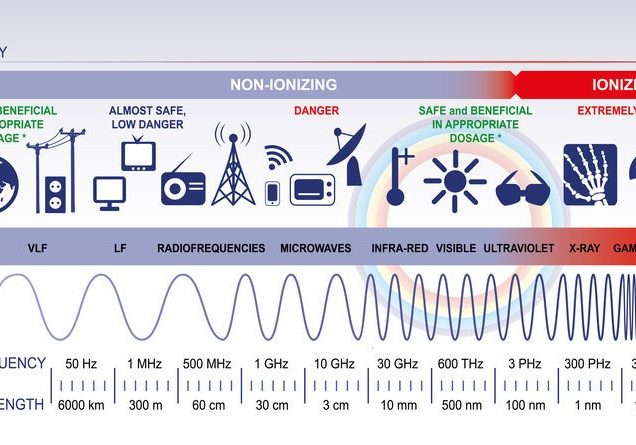
Is Microwave Radiation Dangerous?
Microwaves have been around since the 1960s, but they have long-suffered from erroneous suspicions that their radioactive mechanisms are harmful. This is understandable since the word radiation inspires caution and fear for many. However, microwaves operate using non-ionizing radiation. This means it doesn’t harm or scramble cellular DNA, nor does it leave any radioactive residue…
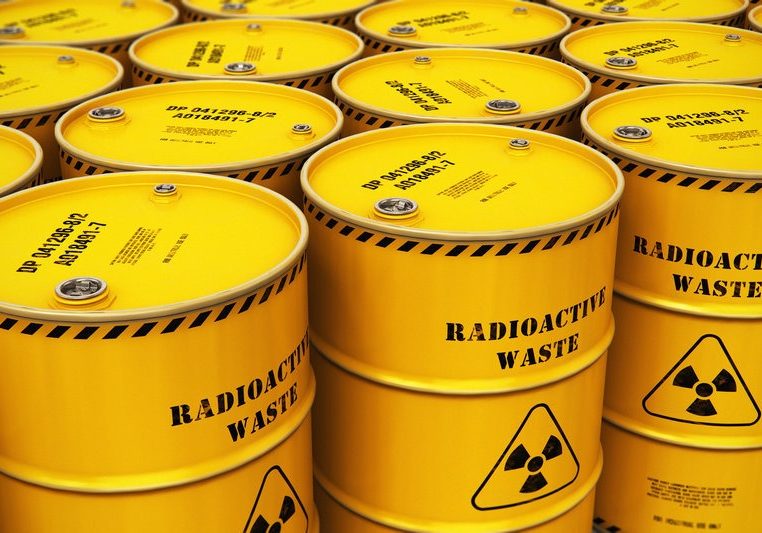
Disposing of Radioactive Waste
Ideally, any industry, university lab, manufacturing plant, medical facility or nuclear power plant should have a Radiation Safety Officer and established safety plan for disposing of radioactive waste. Failure to do so has disastrous effects on plants, animals and humans who are unknowingly exposed. Take, for instance, the city of Goias, Brazil – where robbers…
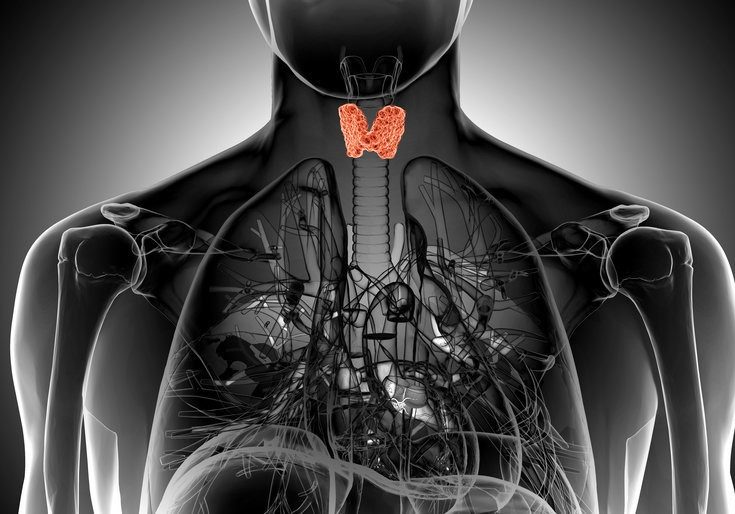
Potassium Iodide, Your Thyroid & Radiation Protection
There are people all over the world who keep non-expired doses of potassium iodide on hand to protect themselves in the case of a nuclear fallout or related radioactive disaster. They do this as a proactive way of protecting themselves in case a nuclear emergency involves the presence of radioactive iodine – frequently released in…
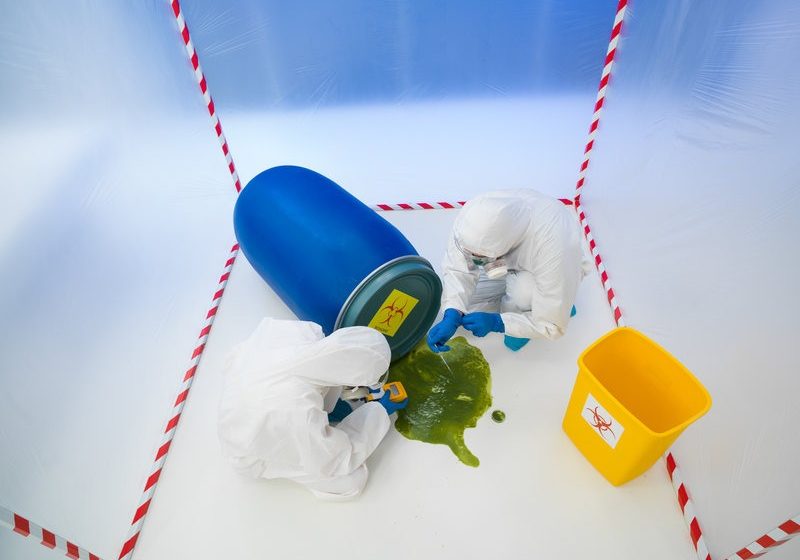
Well-Stocked Radioactive Spill Kits Save Lives
When a radioactive spill or accident takes place, a quick and practiced response is a must. However, responders can only do so much if they don’t have a proper radioactive spill kit on hand. What’s in Your Radioactive Spill Kit? The combination of a well-designed, organized and accessible Radioactive Spill Kit, and the implementation…

Is There a Link Between Cell Phones and Cancer?
The debate about the link between cell phones and cancer, or their ability to cause or contribute to cancer is ongoing. Unfortunately, we can’t provide a black-and-white, yes or no answer because they scientific community has made up their minds at large. What we can say is that the most recent evidence – some of…
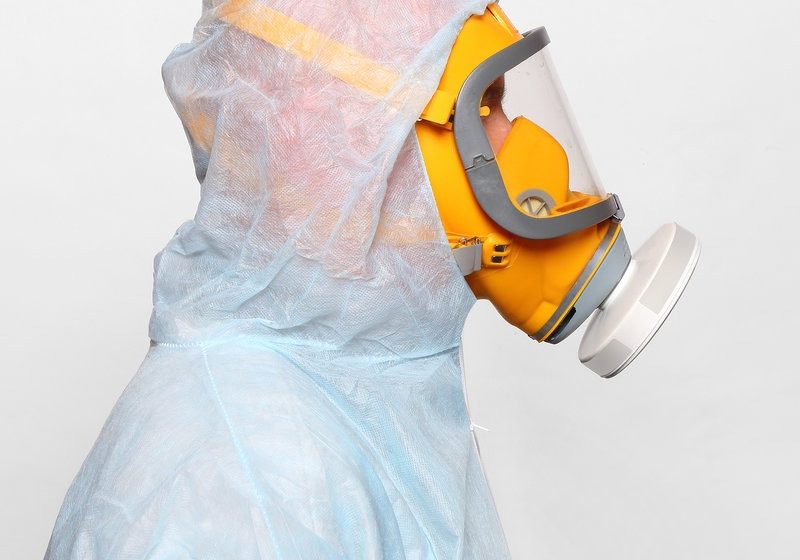
Types of Radiation Protection via Shielding
The first step in providing radiation protection for the public, employees or those exposed via a specific, radioactive accident is to minimize exposure in terms of quantity of radiation and the length of time victims are exposed. In the case of nuclear fallout, this is easier said than done. However, if you work in a…
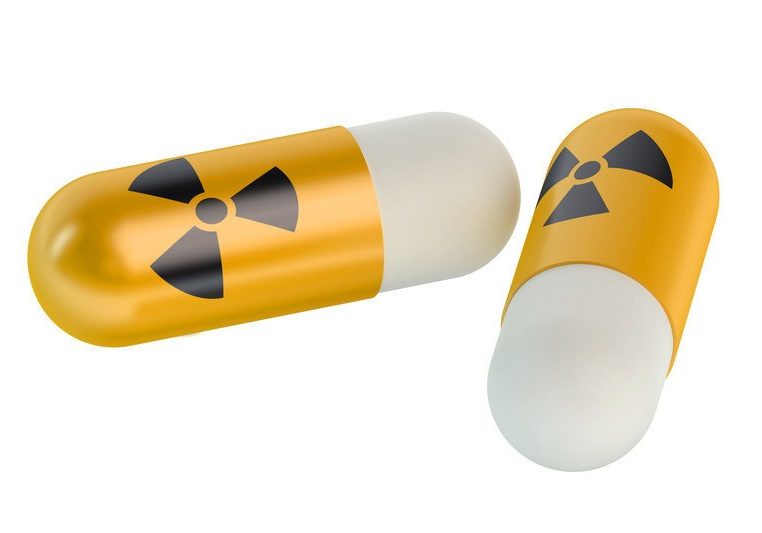
Symptoms of Radiation Poisoning For Those Who Work in Radioactive Environments
The short story is that direct exposure to radiation can negatively impact the DNA in your cells, causing radiation poisoning. If exposure exceeds the maximum recommended limits, immediate treatment is necessary to mitigate the damage. If employees or others experience acute, high-levels of radiation, immediate attention is always advised. However, the majority of radiation poisoning…
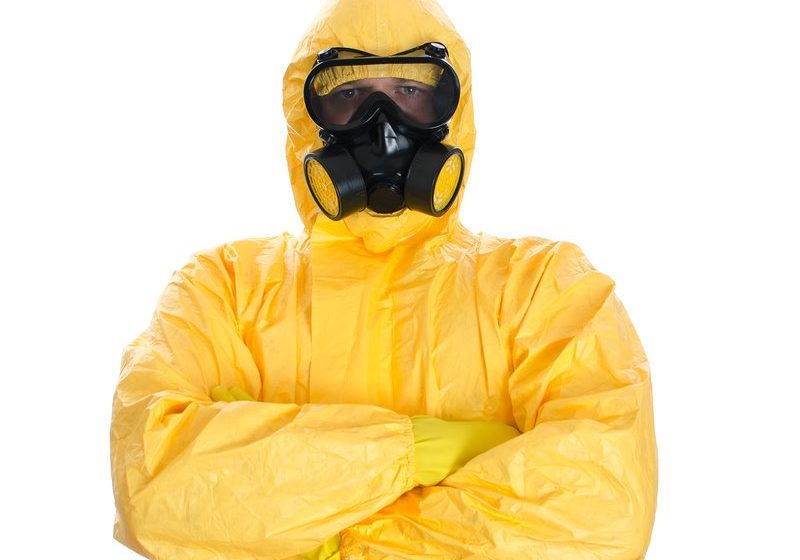
What is a Radiation Safety Officer? Responsibilities, Training, and Salary
Any company or business requiring employees to work with or around radiation and/or radioactive materials should have a clear Radiation Safety Program in place, and that program is traditionally led by a designated (qualified) Radiation Safety Officer. If your company is registered with the Nuclear Regulatory Commission (NRC), you are required to have a designated…

